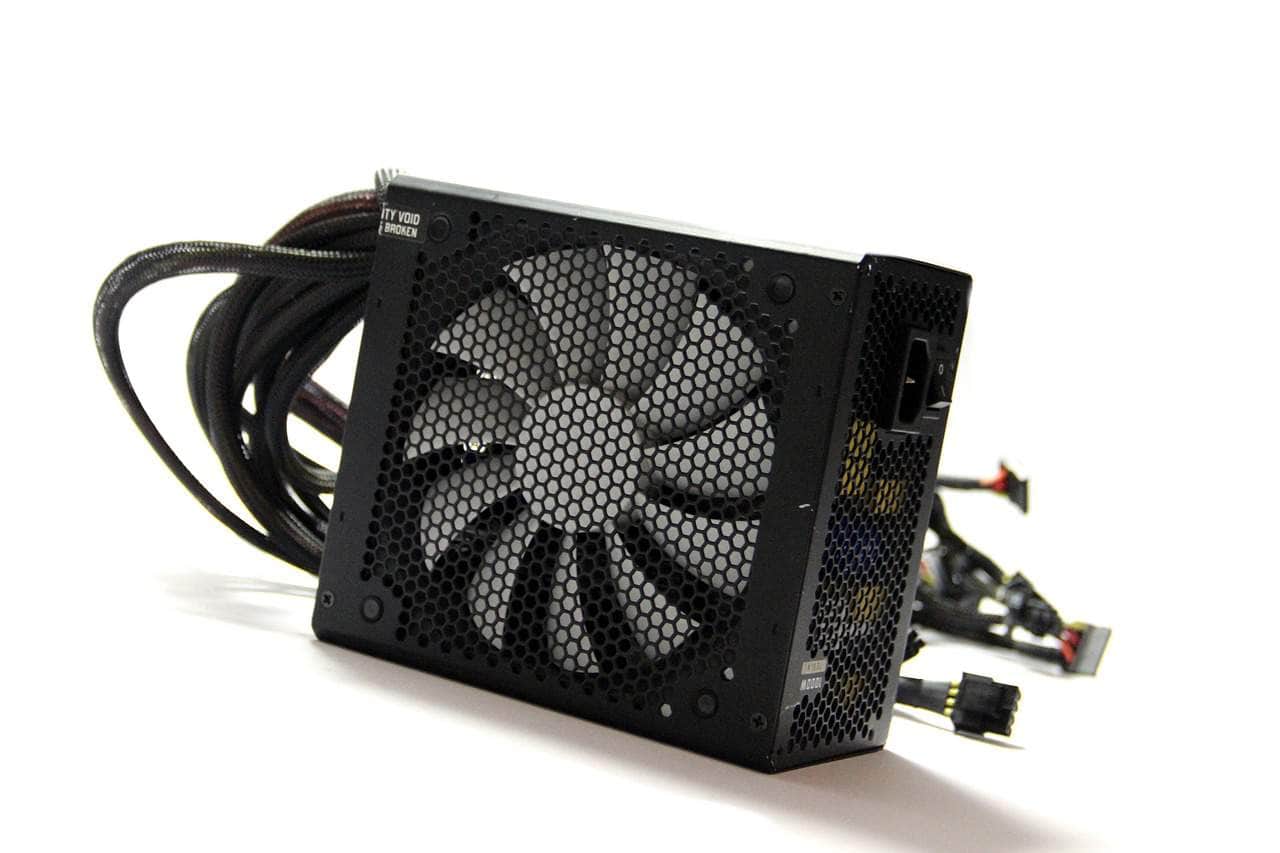The quality of a computer’s power supply unit (PSU) significantly impacts its performance and reliability. The PSU converts electrical power from the wall outlet into a usable form for the computer’s components. It’s crucial to invest in a high-quality PSU because cheaper options may lack the necessary reliability and durability, potentially leading to system instability or even damage.
A good PSU ensures consistent power delivery to all components, while a low-quality one can cause voltage instability, overheating, and reduced efficiency, and may even fail catastrophically. Understanding these risks is essential for making an informed choice and protecting your investment. Key factors that differentiate a quality PSU from a substandard one include energy efficiency, stable output, and protective features against electrical anomalies. Additionally, efficient PSUs can lead to energy savings, with higher-rated models helping to reduce electricity costs over time.
Power Supplies: The Heart of Your PC’s Health
Cheap power supplies (PSUs) often skimp on quality components and safety features. This can lead to several risks:
Unstable Voltage and Power Fluctuations
- The Problem: Cheap PSUs may struggle to maintain consistent voltage, causing crashes, data corruption, or even damage to sensitive components.
- The Risk: Over time, these fluctuations can shorten the lifespan of your hardware, leading to premature failure.
Overheating and Fire Hazards
- The Problem: Low-quality materials and inadequate cooling mechanisms can cause a PSU to overheat. In extreme cases, this can lead to a fire, damaging your entire system and posing a safety risk.
- The Risk: A fire is not just a financial loss; it can also be a danger to you and your loved ones.
Reduced Efficiency and Higher Energy Bills
- The Problem: Cheap PSUs are often less efficient, meaning they waste more energy as heat. This not only increases your electricity bill but also contributes to unnecessary environmental impact.
- The Risk: Over time, the extra energy costs can add up, making a cheap PSU a more expensive option in the long run.
The Impact on Other Components
- The Problem: A failing PSU can damage other components in your PC, including your motherboard, CPU, and GPU. Replacing these parts can be costly and time-consuming.
- The Risk: A cheap PSU can turn into a domino effect, leading to a cascade of failures that can cripple your entire system.
Table: Cheap vs. Quality Power Supplies
| Feature | Cheap PSU | Quality PSU |
|---|---|---|
| Components | Low-quality | High-quality |
| Voltage Regulation | Inconsistent | Stable |
| Overheating Risk | High | Low |
| Efficiency | Low | High |
| Lifespan | Short | Long |
| Safety Features | Limited | Comprehensive |
| Warranty | Short/limited | Long/comprehensive |
Is a Cheap PSU Worth the Risk?
While a cheap PSU might seem like a good way to save money, the potential risks far outweigh the initial savings. A quality PSU is an investment in the long-term health and stability of your PC. It’s better to spend a little more upfront for a reliable PSU than to risk damaging your entire system and facing costly repairs or replacements down the line. Remember, your PSU is the heart of your PC. Don’t compromise its health for a few dollars.
Key Takeaways
- PSU quality directly impacts computer stability and component longevity.
- Efficient PSUs contribute to lower energy costs and reliable performance.
- Evaluating PSUs includes examining efficiency ratings and protective features.
Evaluating Power Supply Unit Quality
When selecting a PSU, understanding the quality and specifications can prevent future system failures and optimize performance. It’s key to examine efficiency ratings, specs, build components, and the risks associated with low-quality units.
Importance of Efficiency Ratings
Efficiency ratings in PSUs indicate how well a unit can convert AC power from the wall into DC power that your computer components use. An 80 Plus certification is a widely recognized standard that defines PSU efficiency. Units are available in several tiers: Bronze, Silver, Gold, Platinum, and Titanium, reflecting increasing levels of efficiency. Higher efficiency translates to less wasted energy, lower operating costs, and reduced heat output, which in turn could mean extended PSU lifespan.
Understanding PSU Specs and Compatibility
Power supply units come with an array of specifications that should align with your computer’s requirements. Wattage defines the total power a PSU can deliver, where understating could lead to instability, and overstating could mean unnecessary expense. Compatibility with the ATX standard ensures the PSU will fit most cases and work with a breadth of motherboards and GPUs. Verify the unit’s connectors match those of your CPU, GPU, and other peripherals. Undervoltage or overvoltage can stress components, so voltage stability is critical.
Significance of Build Components in PSUs
The build quality of a PSU is directly linked to its reliability and performance. High-quality capacitors, sturdy construction, and reliable cooling are non-negotiable for a robust power supply. These components ensure a consistent power output, minimize downtime, and contribute to the Mean Time Between Failure (MTBF), effectively extending the PSU’s lifespan. Modular designs with detachable cables offer versatility for different chassis and clean cabling, which aids in airflow.
Consequences of Choosing Low-Quality PSUs
Opting for an inexpensive, low-quality PSU can be detrimental. The risks include system instability, potential data loss, and expensive hardware damage, affecting CPUs, GPUs, and motherboards. Graphics cards, particularly high-end ones, require stable power, and a failing PSU might not only cause graphic glitches but can also lead to total failure. In server scenarios, where uptime is critical, a deficient PSU can result in significant business impacts due to downtime and data integrity issues. It’s prudent to invest in a high-quality PSU to ensure the security and longevity of your system.







